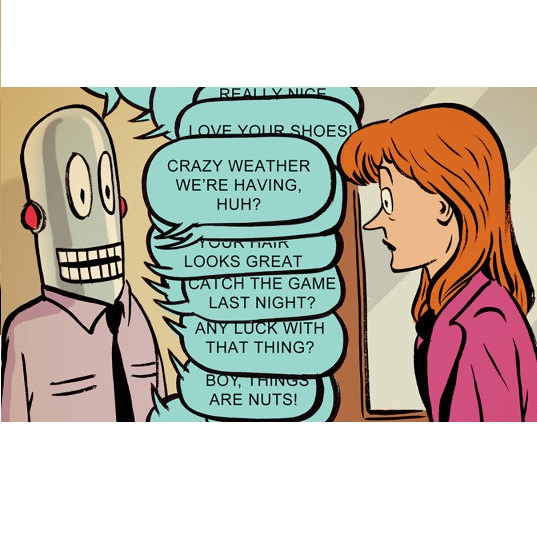The increasing adoption of generative AI (GenAI) tools such as chatbots in education presents new opportunities to support students' self-regulated learning (SRL), but also raises concerns about how learners actually engage in planning, executing, and reflection when learning with a chatbot. While SRL is typically conceptualized as a sequential process, little is known about how it unfolds during real-world student-chatbot interactions. To explore this, we proposed Gen-SRL, an annotation schema to categorize student prompts into 16 microlevel actions across 4 macrolevel phases. Using the proposed schema, we annotated 212 chatbot interactions from a real-world English writing task. We then performed frequency analysis and process mining (PM) techniques to discover SRL patterns in depth. Our results revealed that students' SRL behaviours were imbalanced, with over 82% of actions focused on task execution and limited engagement in planning and reflection. In addition, the process analysis showed nonsequential regulation patterns. Our findings suggest that classical SRL theories cannot fully capture the dynamic SRL patterns that emerge during chatbot interactions. Furthermore, we highlight the importance of designing adaptive and personalized scaffolds that respond to students' dynamic behaviours in chatbot-powered contexts. More importantly, this study offers a new perspective for advancing SRL research and suggests directions for developing chatbots that better support self-regulation.
翻译:暂无翻译



